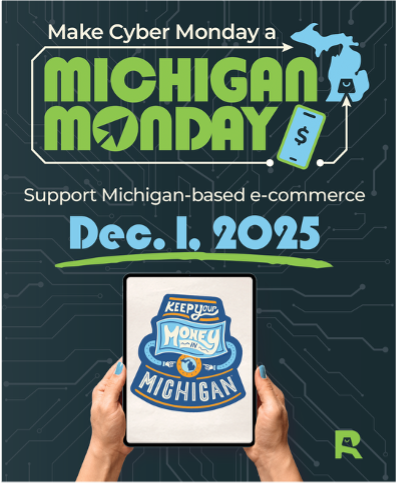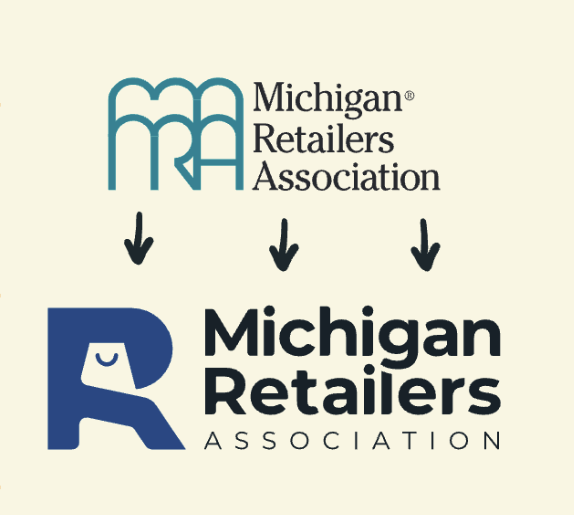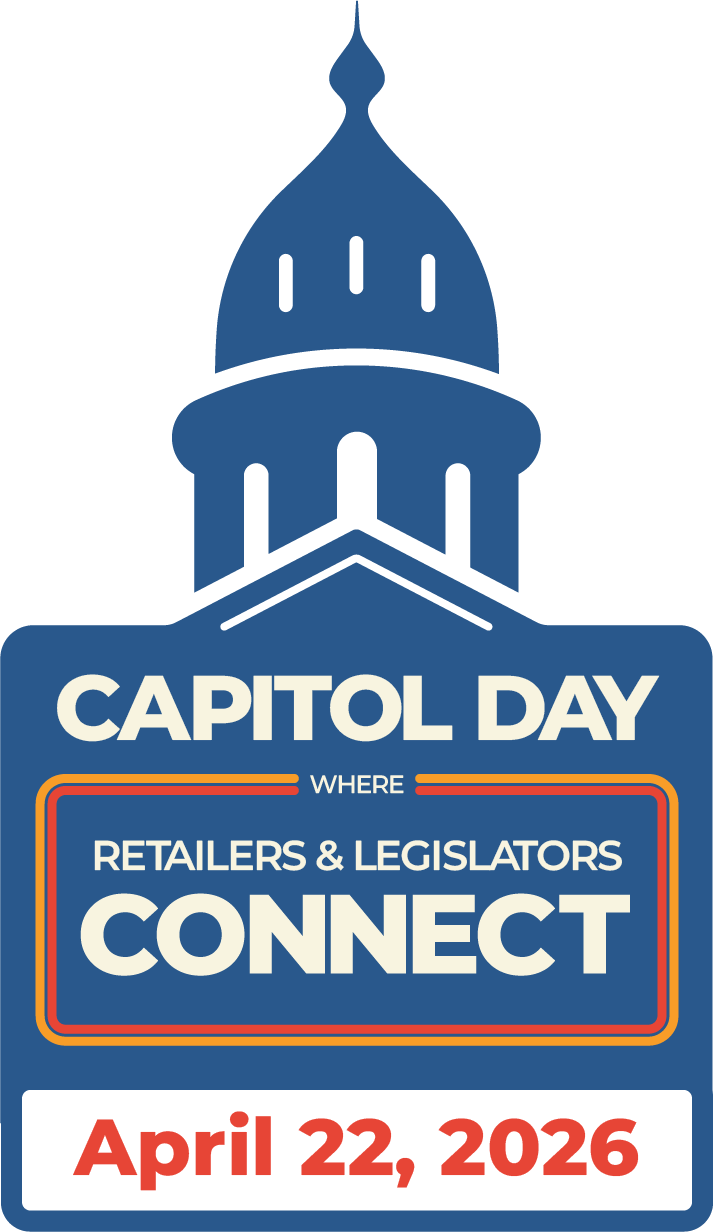By TOM CLEMENT
The COVID pandemic has wreaked havoc over all aspects of everyday life over the past several months. In all likelihood, we will not put COVID safely behind us for quite some time. At its worst, COVID is claiming lives or dramatically impacting the health of those in our communities and throughout the country and the world. Beyond this most severe impact, COVID is also having a substantial impact on business viability. Retail was completely shut down overnight with little to no warning and while the re-opening has led to improvement, businesses are struggling. Fortunately, even in the face of an extraordinarily difficult time, help with navigating the financial storm is and will continue to be available. The key is to find the resources and maximize their benefit to fit your circumstance!
The most significant financial support through the COVID-19 pandemic has been the Paycheck Protection Program (PPP), established through the federal CARES Act, which MRA has publicized extensively. This program provides forgivable loans to businesses to cover various expenses such as payroll, rent, and utilities. On July 4, the President signed legislation extending the borrowing period into early August. Additionally, the Department of Treasury amended their rules to extend the loan forgiveness period from eight weeks to twenty-four. This change allows much more flexibility in the use of paycheck protections funds. If you have a PPP loan, you should reach out to your lending institution to determine how you can best utilize the forgiveness period.
Beyond the PPP, however, resources abound at the state and local level. The Michigan Economic Development Corporation has a number of grant opportunities available for small businesses. Those opportunities can be found on their website at michiganbusiness.org. This includes, among other things, the Michigan Small Business Restart Program in which the state has allocated $100 million dollars to support small business. Local communities are getting involved as well.
As just a few examples, Macomb County has established a small business sustainability program, Oakland County has established a Saving Business, Saving Lives Grant, Wayne County has established a Back to Work – Small Business Readiness Grant, The Lansing region has established a Small Business Restart Grant Program and The Traverse City DDA launched a Buy Local Give Local Fund to support small businesses. These and many similar programs have been or are being established throughout the state. Timing is critical to taking advantage of these opportunities, however. This is especially true for smaller programs where the funds are likely to be exhausted quickly. In doing your own research, beyond the obvious Google search, I would recommend going directly to local government websites to see what is available. The initial questions you need to ask are 1) What is available; 2) What are the eligibility requirements; 3) What is involved in the application process; and 4) What is the application deadline?
Despite these and other resources your own research may uncover, for some retailers it will not be enough. These businesses will be faced with the unfortunate possibility of closing down permanently or looking at reorganizing through bankruptcy proceedings. As fate would have it, a new form of bankruptcy was passed before COVID hit and became effective just as COVID was ramping up. Effective February 19, 2020, the Small Business Reorganization Act of 2019 (SBRA) is a very real option for struggling businesses because its entire purpose is to simplify and shorten the period of reorganization while reducing the costs associated with the process and preserving ownership interests for small business owners.
To be eligible for an SBRA reorganization, a business must be engaged in commercial activity with secured and unsecured debts of less than $7.5 million. Through the SBRA process, a trustee is appointed but he or she does not take possession of or sell assets. Instead, the trustee serves as an advisor of sorts. The SBRA allows only the debtor to file a plan of reorganization, supported by sufficient documentation to demonstrate that the payments outlined in the plan are reasonable and can be made. While creditors may oppose a reorganization plan, the bankruptcy judge can nevertheless approve it. No one likes the idea of filing bankruptcy, but if the SBRA seems like a solution for your business, I would strongly encourage you to contact a bankruptcy professional to learn the finer details of the SBRA and how it applies to your business.
The COVID pandemic has been a stressful time for business owners. The health of your business, welfare of your employees, and your individual financial state are all at the front of mind. We at MRA have seen first-hand the resiliency of our members as we work to make you aware of every available resource. We look forward to continuing to serve you as we come through this difficult time.






